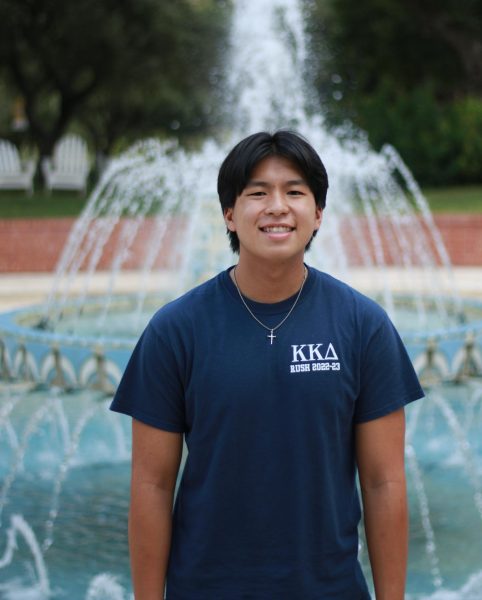Now three years removed from the initial outbreak of COVID, the policies surrounding the disease remain a point of discussion within the community. Per current policy, health services highly encourage students to isolate themselves off campus, and in cases where that is not possible, isolating-in-place is the recommended practice, lasting five or 10 days, depending on whether systems persist. These policies have stood since the beginning of the current school year and will continue to be the standard for the university.
Community members reported 82 cases to health services during the week of Sept. 18-22, a sharp increase from the 31 cases the week prior. Nevertheless, the procedure for each case will remain the same for the foreseeable future due to the current conditions of the Trinity community.
According to health services’ Self-Isolation Guidebook, “We have reached a point where the majority of our population has immunity. Individuals who test positive for COVID are asked to self-isolate for a minimum of five days. The date of the positive test or the date that your symptoms began is considered day zero of an isolation period. After five full days, an individual can return to regular campus activities if they are asymptomatic, symptoms are resolved or if their symptoms are improving.”
Health services employees continue to spearhead the response to COVID cases. The workers in these positions continually meet with public health officials to ensure that Trinity’s policies are up to date with the demands of public health. John Meyer, coordinator of health services, and Marcy Youngdahl, director of integrating the counseling, health and wellness services, work together on this front of battling COVID.
“Right now we’re dealing with the virus in the best way that we can from a public health perspective,” Youngdahl said. “I did check in with the Health Department several weeks ago when we started to see an increase in cases, and there were no additional recommendations that the lead epidemiologist at San Antonio MetroHealth would have for us. So I think from, you know, that aspect, we’re doing well.”
Health services serve as the primary point of contact for students confused about anything surrounding health policies. Many students have had to contact them given the recent concerns about COVID. Among these is Elizabeth Saenz, sophomore international business and religion double-major. After she and her roommate tested positive, she explained the ease of communication with health services.
“Basically, all the resources they provided were pretty accessible, and I wasn’t confused about anything, about what I had to do. They told me everything, and it was really simplified,” Saenz said.
However, other students expressed that the clarity of the policies had room for improvement. While specific dates surrounding the isolation policies were clearly communicated, other aspects, such as the dining options, were more difficult to access from isolation. Livy Charlesworth, first-year biology major, also tested positive for COVID. Even with the resources provided, Charlesworth found that some aspects of the quarantine were difficult to access from within her dorm.
“Overall, being in [my] room was kind of confusing,” Charlesworth said. “[I] had to get [my] friends to go to the dining hall and get food for [me], which is difficult because [my] friends are doing their own things. They have their own lives, so I would order food a lot. … What they did well on is making me not worry too much, saying, ‘We have protocols in place. This is very normal, and it’s happening a lot.’”
Health services is aware of the needs of the students and where they need to improve going forward. With every different case of COVID, their understanding and communication can improve as they get to know the student perspective in full.
“I think we can always improve our messaging, in other words, the way we present the information,” Meyer said. “This is a very difficult thing, especially surrounding COVID, and it’s difficult for all organizations. But we, as medical providers, have to put ourselves in the student’s place when we’re writing things and providing information. And we have to tailor it to what students want to know. That’s a hard thing for us, and we’re working constantly to get better at it and using student input.”








